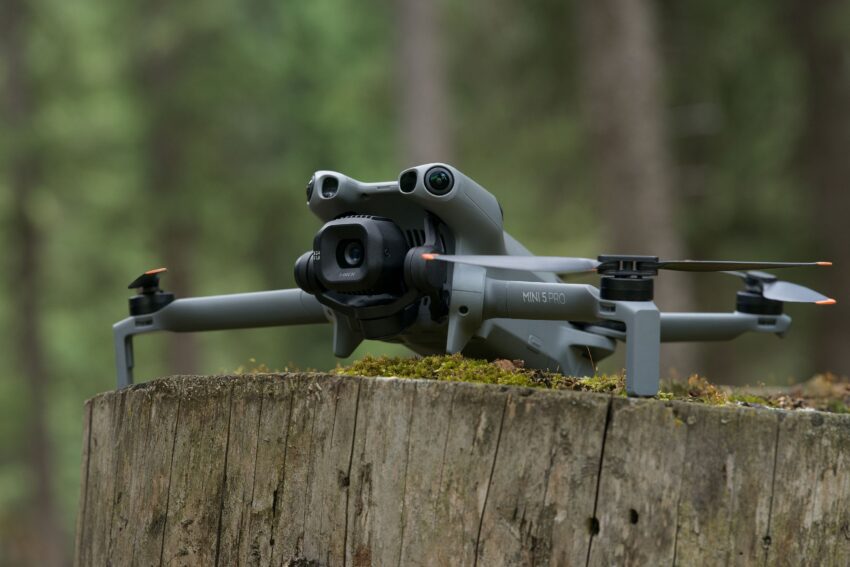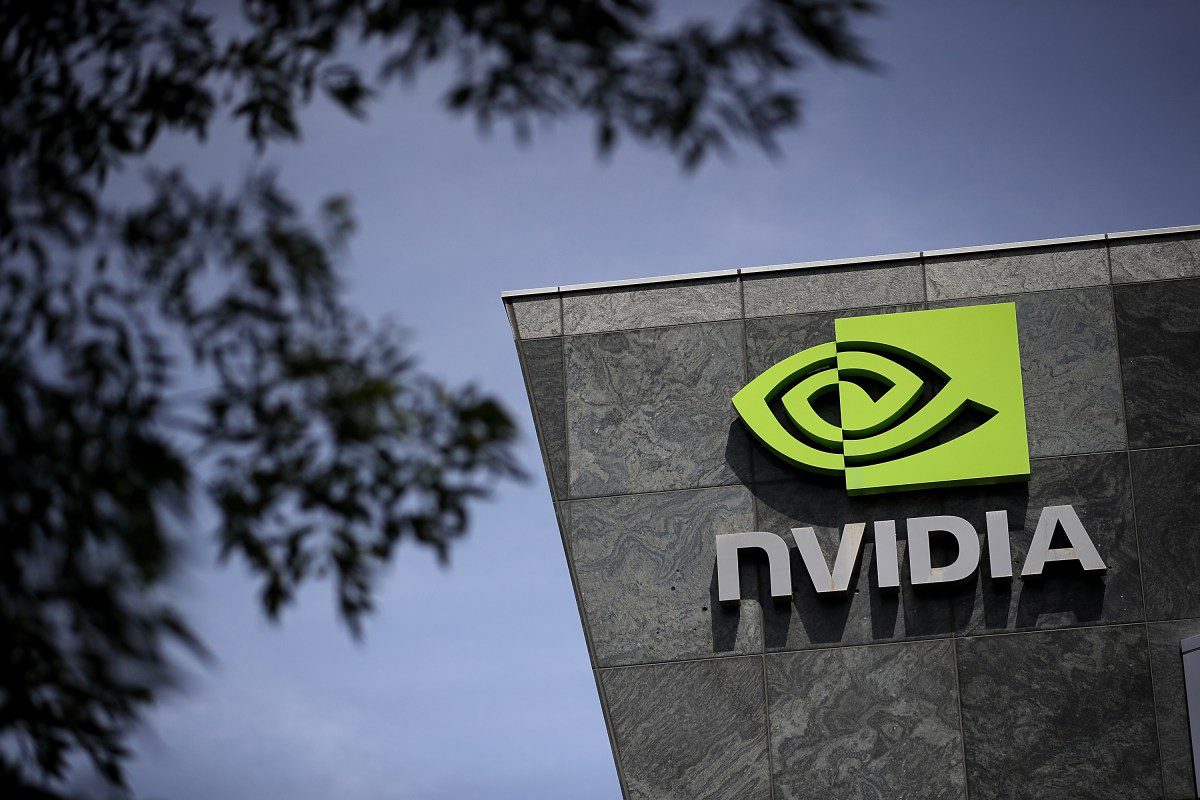
pentagon can call dji a chinese military The U.S. District Court has ruled that the Department of Defense (DoD) can classify DJI as a “Chinese Military Company,” a decision that has significant implications for the drone manufacturer and its operations in the United States.
pentagon can call dji a chinese military
Background of the Case
In October 2022, DJI, a leading drone manufacturer based in China, initiated legal action against the U.S. Department of Defense. The company sought to remove its designation as a “Chinese Military Company,” arguing that this label unfairly stigmatized its business and jeopardized its operations in the U.S. market. DJI contended that the classification not only affected its reputation but also posed substantial risks to its commercial viability.
The legal battle unfolded against a backdrop of heightened scrutiny of Chinese technology firms by the U.S. government. Concerns over national security, data privacy, and potential ties to the Chinese Communist Party (CCP) have led to increased regulatory measures against companies perceived to be associated with the Chinese military. DJI’s case was emblematic of these broader tensions, as it sought to distance itself from the implications of being labeled a military entity.
Court’s Findings
Judge Paul Friedman presided over the case and delivered a nuanced ruling. While he stated that he could not definitively conclude that DJI is “indirectly owned by the Chinese Communist Party,” he affirmed the DoD’s broad discretion in determining which companies belong on the list of Chinese military companies. This discretion is rooted in the legal framework established under Section 1260H, which outlines the criteria for such designations.
Evidence Considered
Judge Friedman found sufficient evidence to support the DoD’s classification of DJI as a “military-civil fusion contributor.” This term refers to entities that are believed to operate at the intersection of military and civilian sectors, often benefiting from state support and resources. The judge noted that DJI is recognized and supported by the Chinese government, which played a crucial role in his decision.
One key piece of evidence cited by the court was the designation of DJI as a “National Enterprise Technology Center” by China’s National Development and Reform Commission. This designation provides DJI with substantial financial incentives, including cash subsidies, special financial support, and various tax benefits. The court concluded that these advantages underscore the company’s connection to the Chinese state, thereby justifying its classification as a Chinese Military Company.
Rejection of Other Claims
While the court upheld the DoD’s classification, it also rejected several of the department’s claims due to insufficient evidence. Judge Friedman pointed out that the DoD had confused two distinct industrial development zones in China while attempting to establish that DJI’s factories were located in a state-sponsored area. This misstep highlighted the complexities involved in proving the nature of DJI’s operations and affiliations.
Implications for DJI
The ruling represents a significant setback for DJI, which has faced increasing challenges in the U.S. market. The designation as a Chinese Military Company could further complicate the company’s efforts to operate in a country where it has already encountered regulatory hurdles. The U.S. government has been actively scrutinizing foreign technology firms, particularly those with ties to China, and this ruling may embolden further actions against DJI.
Moreover, DJI is facing an impending import ban on new products set to take effect in December 2023. This ban could severely impact the company’s ability to introduce new drones and technology to the U.S. market, limiting its competitiveness and market share. Reports indicate that U.S. customs has already begun to restrict many consumer drone shipments, leading to empty shelves and a rise in scams targeting consumers seeking DJI products.
Market Reactions
The ruling has elicited mixed reactions from various stakeholders. Industry analysts have noted that the decision could further isolate DJI in the U.S. market, where it has already struggled to maintain its foothold. Some experts argue that the classification may deter potential customers and partners who are wary of associating with a company labeled as a military entity.
On the other hand, some stakeholders believe that the ruling could prompt DJI to adapt its business strategy in response to the evolving regulatory landscape. The company may seek to enhance its transparency and public relations efforts to counteract the negative perceptions associated with the military designation. Additionally, DJI could explore alternative markets outside the U.S. to mitigate the impact of these restrictions.
Comparative Analysis with Other Companies
During the proceedings, DJI’s legal team argued that other companies, such as the Chinese arms of Volkswagen and Nokia, were not subjected to the same scrutiny despite possessing “similar attributes.” However, Judge Friedman emphasized that the DoD has broad discretion in determining which companies to classify as military entities. This discretionary power allows the DoD to make decisions based on a variety of factors, including perceived risks to national security.
This aspect of the ruling raises questions about the consistency and fairness of the U.S. government’s approach to foreign companies. Critics argue that the lack of a standardized framework for classification could lead to arbitrary decisions that disproportionately affect certain firms while allowing others to operate without similar scrutiny.
Potential for Appeal
Despite the unfavorable ruling, DJI has the option to appeal the decision. The company has not yet confirmed whether it will pursue this route, but legal experts suggest that an appeal could provide an opportunity to challenge the court’s interpretation of the evidence and the DoD’s discretion. An appeal could also serve as a platform for DJI to further clarify its position and address the concerns raised by the U.S. government.
Future Outlook
The future of DJI in the U.S. market remains uncertain. The company faces a challenging environment characterized by regulatory scrutiny, potential import bans, and a growing perception of being a military entity. As the legal landscape evolves, DJI will need to navigate these complexities while seeking to maintain its competitive edge in the drone industry.
In conclusion, the court’s ruling underscores the ongoing tensions between the U.S. government and Chinese technology firms. As national security concerns continue to shape regulatory policies, companies like DJI will need to adapt to an increasingly challenging landscape. The implications of this ruling extend beyond DJI, as it reflects broader geopolitical dynamics and the complexities of international trade in the technology sector.
Source: Original report
Was this helpful?
Last Modified: September 27, 2025 at 12:44 am
1 views















